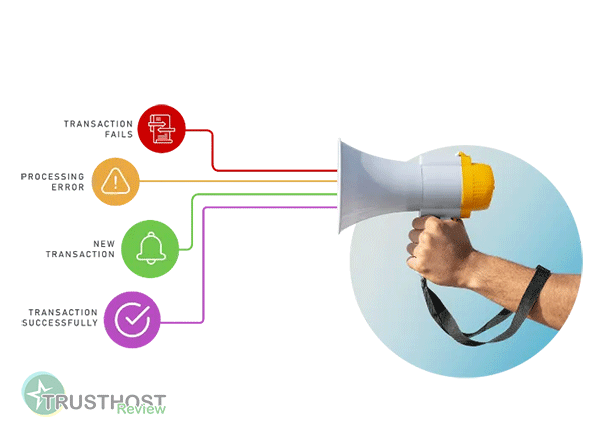Technical SEO: Unlocking Your Website's Potential
Having a visually appealing website with compelling content is no longer enough. To truly thrive online, you need a solid foundation that search engines can understand and users can navigate seamlessly. This is where Technical SEO comes into play.
What is Technical SEO?
Technical SEO refers to the optimization of your website's technical aspects to improve its visibility and user experience. It focuses on enhancing how search engines crawl, index, and understand your site, ultimately leading to higher rankings and increased organic traffic.
Why is Technical SEO Important?
Technical SEO is the backbone of a successful SEO strategy. It ensures that your website is accessible to search engines, provides a positive user experience, and lays the groundwork for all other SEO efforts. Without a strong technical foundation, your content and design efforts may fall short.
Key Elements of Technical SEO
- Crawlability: Ensuring search engines can easily discover and crawl your website's pages.
- Indexability: Making sure search engines can index your pages and add them to their search results.
Site Architecture:
- Organizing your website's structure for optimal navigation and user experience.
- Mobile-Friendliness: Optimizing your website for mobile devices to cater to the growing mobile audience.
- Page Speed: Improving your website's loading speed to reduce bounce rates and improve user satisfaction.
- Structured Data: Using structured data markup to help search engines understand the context of your content.
- Security: Implementing security measures to protect your website and user data.
How to Improve Your Technical SEO
Improving your technical SEO involves a combination of on-page and off-page optimizations. Here are some key steps to take:
- Conduct a Technical SEO Audit: Identify areas for improvement using SEO audit tools.
- Optimize Your Website's Structure: Create a logical hierarchy of pages and use internal linking to improve navigation.
- Improve Your Website's Speed: Optimize images, leverage browser caching, and choose a reliable hosting provider.
- Make Your Website Mobile-Friendly: Use a responsive design or create a separate mobile version of your site.
- Submit Your Sitemap to Search Engines: Help search engines discover and index your pages faster.
- Implement Structured Data: Use schema markup to provide context to your content and enhance its visibility.
- Monitor and Maintain Your Technical SEO: Regularly check for broken links, crawl errors, and other issues.
Tools for Technical SEO
Several tools can assist you with technical SEO, including:
Conclusion
By focusing on these technical aspects, you can significantly improve your website's overall SEO performance, attract more organic traffic, and provide a better user experience. Remember that technical SEO is an ongoing process, and regular monitoring and optimization are crucial for long-term success.
















